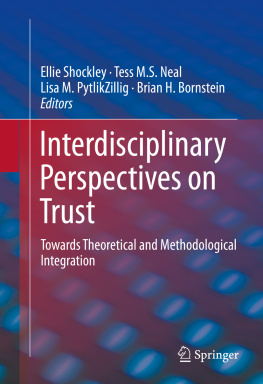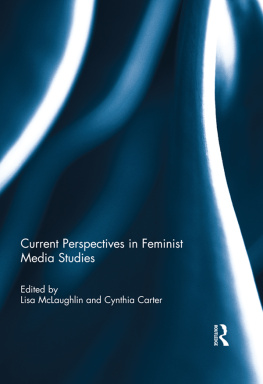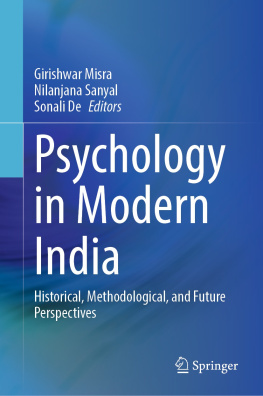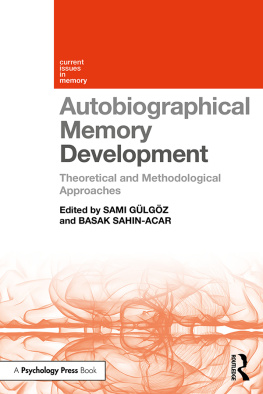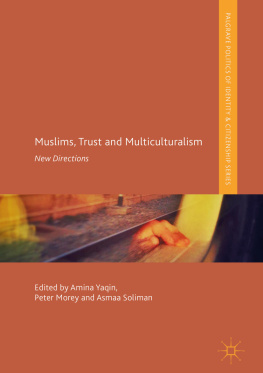Trust in institutions is widely touted as critical to effective governance, successful business operations, efficient legal systems, and, in general, optimal functioning of institutions and social systems (e.g., Bornstein & Tomkins, ). It is, therefore, no wonder that trust and trust-related issues are investigated within disciplines ranging from psychology, sociology, and economics, to management, government, law, and policy studies. Indeed, contributors to this volume identify themselves as scholars from each of these disciplines, as well as political science, criminal justice, finance, business, public health, organizational behavior, developmental studies, environmental science, and public administration. Accordingly, a large number of both discipline-specific (e.g., Journal of Personality and Social Psychology, American Political Science Review, Academy of Management Review ) and general or multidisciplinary journals (e.g., Science, American Behavioral Scientist, Law and Society Review ) publish research on institutional trust.
Most of the research on trust in institutions has been conducted within individual disciplines rather than integratively across research areas. Regarding disciplinarity, philosopher of science Karl Popper () wrote:
Disciplines are distinguished partly for historical reasons and reasons of administrative convenience (such as the organization of teaching and of appointments), and partly because the theories which we construct to solve our problems have a tendency to grow into unified systems. But all this classification and distinction is a comparatively unimportant and superficial affair. We are not students of some subject matter but students of problems. And problems may cut across the borders of any subject matter or discipline. (pp. 6667)
Research that bridges disciplinary boundaries can take different forms, each with implications for how problems are addressed. For example, the terms multidisciplinary, interdisciplinary, and transdisciplinary have been distinguished by the extent to which different disciplines collaborate and come up with integrative products and solutions regarding a given topic or issue. Disciplinary research occurs within a single discipline. In multidisciplinary research, multiple disciplines focus on a topic or problem from their unique perspectivesoften each focusing on a different aspect of the problem in a way that retains disciplinary separation. Interdisciplinary research is more collaborative and involves disciplines working together on the same foci. Successful programs of interdisciplinary research sometimes generate transdisciplinary perspectives in which concepts and theories from different disciplines are blended into an overarching framework and in which the salience of the original disciplinary boundaries is largely eliminated (adams & Light, ) to refer simultaneously to all three of these variations of how disciplines might work together.
Benefits of interdisciplinary and transdisciplinary research include their potential to produce uniquely innovative and consequential science, both in terms of theoretical breakthroughs and long-term solutions to applied problems, as well as in cross-discipline citations, a sign of highly generative research programs (Brint, Marcey, & Shaw, ).
As Light and adams () argue, interdisciplinarity is a dynamicrather than staticstate. To test their hypothesis, they conducted a bibliographic network study of HIV/AIDS research and found that some subtopics became increasingly interdisciplinary (e.g., vaccine development), whereas others moved in the opposite direction and became increasingly segmented into disconnected disciplinary domains over time (e.g., drug resistance). They also described how some fields that began as a discipline became multi- or interdisciplinary (e.g., social sciences of religion), whereas other fieldssuch as demography, environmental studies, and American studiesevolved into their own disciplines after beginning as interdisciplinary topics of study. Thus, knowledge production crosses boundaries over time, may come from within or across disciplines, and can move from disciplinarity to various forms of many-disciplined production and vice versa over time. Based on theory and empirical findings, Light and adams developed the Dynamic Multidimensional Model of Knowledge Production to reflect this dynamic state of how knowledge develops over time.
Although proponents of interdisciplinary research tend to argue that moving from modular disciplinary studies toward inter- and transdisciplinary research is almost invariably beneficial (Klein, ) that an oversimplified focus on interdisciplinarity as a promising solution for solving big problems should be expanded to the more theoretically useful question of What patterns of disciplinary boundary crossing allow for more efficient problem solving? (p. 15). Perhaps someday sophisticated science will allow us to recognize when questions require interdisciplinarity versus focused disciplinary research to solve a given problem efficiently. In the meantime, encouraging simultaneous interdisciplinary and disciplinary research to address problems seems to be the most promising approach.
With this caveat in mind, the present volume considers whether successful interdisciplinary research on trust in institutions is necessary to do justice to the complexity of the topic and the issues relevant to institutional trust (Cheng, Henisz, Roth, & Swaminathan, ).
For those of us who see the potential value of interdisciplinarity in trust scholarship, and who want to try to do it, how should we do so? Some have noted that interesting and worthwhile problems like those listed above are necessary for inspiring transdisciplinary and transformative research (Pennington et al., ),
Each team member needs to become sufficiently familiar with the concepts and approaches of his and her colleagues as to blur the disciplinary bounds and enable the team to focus on the problem as part of broader phenomena: as this happens, discipline authorization fades in importance, and the problem and its context guide an appropriately broader and deeper analysis. (p. 1344)
Some scholars propose that certain design principles may help to foster interdisciplinarity. Recommendations include creating a collaborative and diverse team with members of varied competencies and roles; developing a common language and joint understanding of the problem(s) under investigation, research questions, and criteria for success; designing a common methodological framework; engaging in continuous formative evaluation and adjustment; anticipating and mitigating conflict; and taking steps to enhance and support interests and capabilities needed to participate over time (Lang et al., ).
The present volume is the result of a workshop designed to explore the potential benefits of advancing the many-disciplined study of institutional trust. The contributors to this volume participated in a workshop designed to introduce their work to one another and generate collaborations between scholars studying institutional trust from different disciplines. Our hope was to facilitate efforts to transform the relatively disciplinary-specific studies of trust in institutions into an integrative field of study, and to advance a fuller and more comprehensive understanding of trust in institutionsor at least to begin exploring what patterns of disciplinary boundary crossing might be beneficial. We were especially interested in clarifying trust research by continuing and building on prior efforts to sort through what has been termed a conceptual morass (Barber, , p. 100) of past trust research. Thus, before discussing our Workshop methods in greater detail, we first give an overview of some prior integrative efforts that provided a starting point for our efforts.

